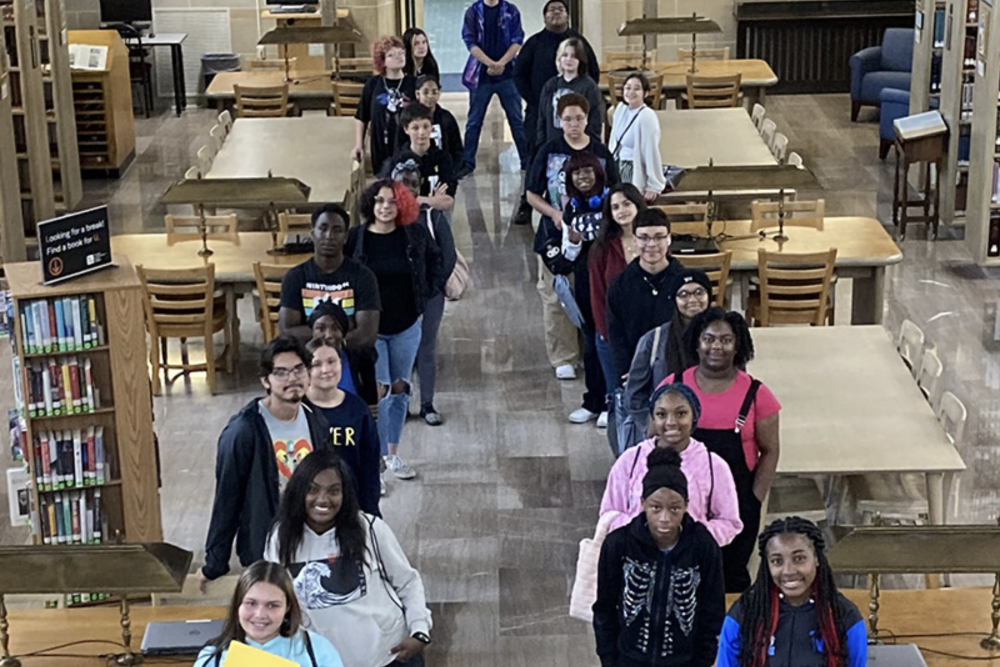Lourdes University has partnered with the Association of College and University Educators (ACUE) to prepare and support our faculty in further developing their teaching practice through a comprehensive program in effective, evidence-based teaching practices. The partnership is one way Lourdes University is investing in student success. When faculty use evidenced-based teaching practices, students are more engaged, learn more, persist in their studies, and graduate in stronger numbers.
ACUE’s comprehensive course in Career Readiness and 21st-Century Skills prepares college educators to implement all of the essential practices shown to improve student outcomes. The five units of study in this facilitated, online course address:
- Designing an Effective Course and Class
- Establishing a Productive Learning Environment
- Using Active Learning Techniques
- Promoting Higher Order Thinking
- Assessing to Inform Instruction and Promote Learning
Just one of 26 U.S. institutions selected by the Council of Independent Colleges (CIC) in partnership with the ACUE, Lourdes University faculty will complete 27 modules which includes two focused on career-readiness:
- Embedding Career Guidance – Learning how to provide frequent, course-embedded information about specific careers
- Preparing Students with 21st-Century Career-Ready Skills – Developing course content, assignments, and assessments to help students develop “career-ready” skills.
Upon satisfactory completion of the course requirements, faculty earn a Certificate in Effective College Instruction endorsed by the American Council on Education (ACE).
The Lourdes University program is made possible by a $1.2 million grant from Strada Education Network, a national nonprofit dedicated to strengthening America’s pathways between education and employment.
The latest edition of Change: The Magazine of Higher Learning, describes the CIC Consortium for Instructional Excellence and Career Guidance in which Lourdes University is a member.





